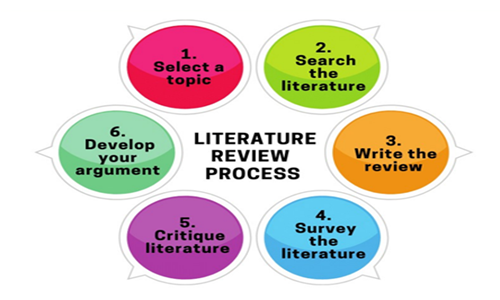
A sociocultural approach to effective listening skill development for Malaysian EFL students: A Literature Review
Abstract
Keywords
Full Text:
PDFReferences
Abdollahzadeh, E., & Bagherzadeh, M. (2018). The Effects of Sociocultural Instruction on Listening Comprehension Ability: The Case of Iranian EFL Learners. Journal of Teaching Language Skills, 37(1), 59-84.
Ahmadi, S. M., & Rozati, F. (2017). The Impact of Scaffolding and Nonscaffolding Strategies on the EFL Learners' Listening Comprehension Development. The Journal of Educational Research, 110(5), 447-456.
Akbari, O., & Razavi, A. (2016). Using Authentic Materials in the Foreign Language Classrooms: Teachers’ Perspectives in EFL Classes. International Journal of Research Studies in Education, 5(2), 105-116.
Alakrash, H. M., & Bustan, E. S. (2020). Politeness Strategies Employed by Arab EFL and Malaysian ESL Students in Making Request. International Journal of Academic Research in Business and Social Sciences, 10(6), 10-20.
Aziz, A. A., & Kashinathan, S. (2021). ESL Learners’ Challenges in Speaking English in Malaysian Classroom. Development, 10(2), 983-991.
Gul, F. A., & Zhang, L. (2016). Ethnicity, Politics and Firm Performance: Evidence from Malaysia. Pacific-Basin Finance Journal, 40, 115-129.
Hegazi, M. E., & Shabaan, K. A. (2019). Applying Sociocultural Theory in Teaching English Listening Comprehension to Saudi EFL Students. Journal of Education and Practice, 10(12), 58-66.
Kiss, T., & Rimbar, H. (2017). Unity in Diversity: How Teachers Address Issues of Culture in Locally Produced EFL Material. Journal of the Materials Development Association, 1, 4-11.
Leong, L. M., & Ahmadi, S. M. (2017). An Analysis of Factors Influencing Learners’ English Speaking Skill.
Lin, T. M., Ansarian, L., Tik, O. L., & Nair, A. B. (2019). The Effects of Problem-Based Language Learning on the Listening Comprehension Skills of Malaysian Undergraduate Students. Journal of Asia TEFL, 16(3), 996.
Liu, M. (2019). Theoretical Frameworks for CALL Research. The Routledge Handbook of Language Learning and Technology, 21-37.
Marginson, S., & Dang, T. K. A. (2017). Vygotsky’s Sociocultural Theory in the Context of Globalization. Asia Pacific Journal of Education, 37(1), 116-129.
Nijat, N., Atifnigar, H., Chandran, K., Selvan, S. L. T., & Subramonie, V. (2019). Psychological Factors that Affect English Speaking Performance among Malaysian Primary School Pupils. American International Journal of Education and Linguistics Research, 2(2), 55-68.
Pautasso, M. (2013). Ten Simple Rules for Writing a Literature Review. PLoS Comput Biol, 9(7), e1003149.
Rahimi, M., & Abedi, S. (2017). The Impact of Sociocultural Strategies on the Listening Skill of Iranian EFL Learners. International Journal of Applied Linguistics & English Literature, 6(6), 232-240.
Rao, P. S. (2019). The Importance of Speaking Skills in English Classrooms. Alford Council of International English & Literature Journal (ACIELJ), 2(2), 6-18.
Singh, M. K. M. (2019). Academic Reading and Writing Challenges among International EFL Master’s Students in a Malaysian University: The Voice of Lecturers. Journal of International Students, 9(4), 972-992.
Swain, M., Kinnear, P., & Steinman, L. (2015). Sociocultural Theory in Second Language Education. In Sociocultural Theory in Second Language Education. Multilingual matters.
Vygotsky, L. S. (1978). Mind in society. Cambridge: Harvard University Press.
Yilmaz, Y., & Gultekin, M. (2016). The Effects of Sociocultural Instruction on Academic Listening Skill Development. TESOL Journal, 7(3), 525-548.
DOI: http://dx.doi.org/10.31258/jes.8.2.p.302-311
Refbacks
- There are currently no refbacks.
Copyright (c) 2024 Annisa Permata Islami, Mohd Rashid Bin Mohd Saad

This work is licensed under a Creative Commons Attribution 4.0 International License.
Publisher: FKIP Universitas Riau












